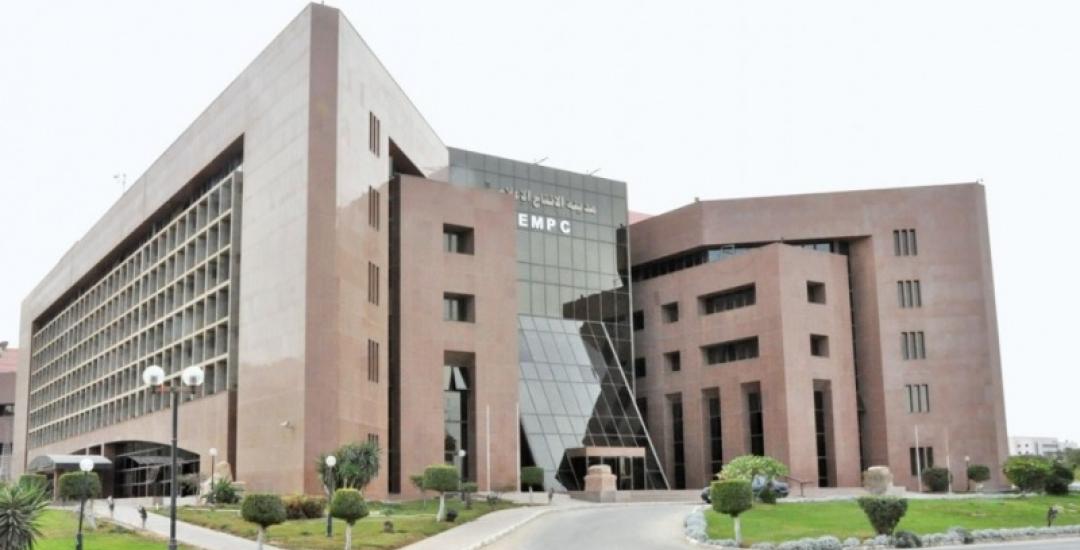
On 7 August 2015, Alkarama sent an urgent appeal to the United Nations Working Group on Enforced Disappearances (WGEID) regarding the disappearances of Mohamed Taha Ahmed Ouahdan, Mohammad Mehani Hassan Moussa and Mohamed Saad Aleoua Al Sayed, arrested between 28 May 2015 and 19 June 2015. Although the three men were indicted by the Military Prosecution of East Cairo, and despite reports of their detention in Tora prison, the authorities continue to deny their detention.
Mohamed Taha Ahmed Ouahdan, 54, professor, Faculty of Agriculture, Suez Canal University
Dr Ouahdan was arrested on 28 May 2015 near the Egyptian Media Production City (EPMC), a media complex located in the 6th of October City in the outskirts of Cairo. Despite having solicited different governmental and judicial bodies, his family remains unaware of his whereabouts. His relatives only heard from his lawyer – who is also defending the two other abovementioned men – that he could be detained in Tora prison, a mega-complex made of six different prisons in Cairo, but the prison personnel did not accept their request for visit.
Mohammad Mehani Hassan Moussa, 39, financial manager in a construction company
On 10 June 2015, around 3am, the Security Forces raided Mohammad Moussa's home in Obour City, North-East of Cairo and started searching it without showing an arrest and search warrant. They collected phones and computers and took Mohammad with them before forcing him into a minivan. In the morning, his wife sent telegrams to the Public Prosecutor of Luxor and the Ministry of Interior, as well as filed a complaint before Khanka's Court, but to no avail. 15 days after his disappearance, she also unsuccessfully alerted Egypt's Supreme Court before trying to visit him in Tora prison.
Mohamed Saad Aleoua Al Sayed, 60, Director, Department of Urology at Bulaq El Dakrour Hospital, Giza
Mohamed Al Sayed was arrested by the police in Giza 20 km south of Cairo on 19 June 2015, as he was on his way to see a doctor for a liver examination. His family has not heard from him since, despite having sent telegrams to the authorities. They also tried to visit him in Tora prison when they heard from his lawyer that he could be detained there but to no avail.
Indictments
Their lawyer learned that three men were, in fact, indicted by the Military Prosecution of East Cairo along with 17 other individuals in May 2015. They are accused of having committed several crimes – allegations rejected by their respective families – and particularly of having "taken part into a criminal group aiming at committing crimes by terrorist means consisting in the destruction of State-owned properties," and "to have made use or attempted to use explosives" in different locations in Egypt. Despite their indictment, the men have never been brought before a prosecutor, and the authorities continue to deny their detention.
Accused under decree n°136-2014 that extended the jurisdiction of military courts to try civilians, they face a trial before one of these courts. Numerous individuals have already been sentenced by military courts in Egypt, including five men sentenced under trumped-up charges in May 2014, children, and also recently, 250 individuals sentenced to life in prison following a farce mass trial. The UN Working Group on Arbitrary Detention (WGAD) has repeatedly stated that the trials of civilians before such courts were in violation of international human rights law as they are "in breach of the fundamental requirements of independence and impartiality and of guarantees for a fair trial required by article 10 of the [Universal Declaration of Human Rights] UDHR, articles 9 and 14 of the [International Covenant on Civil and Political Rights] ICCPR [ratified by Egypt in November 1989] and customary law." Moreover, these three men are at high risk of being tortured during their secret detention because these courts often accept confessions obtained under torture as proof, as documented by Alkarama in numerous cases, including the case of seven men sentenced to death on this sole basis.
In light of these elements and particularly worried for the fates of their relatives, their families and lawyer solicited Alkarama, which subsequently sent an urgent appeal to the UN Working Group on Enforced Disappearances (WGEID) asking the Egyptian authorities to immediately release Mohamed Taha Ahmed Ouahdan, Mohammad Mehani Hassan Moussa and Mohamed Saad Aleoua Al Sayed or, at the very least, to put them under the protection of the law and authorise their respective families as well as their lawyer to visit them. The Egyptian authorities should end the trials of individuals before military courts, particularly by annulling decree n°136-2014, and put an end to the widespread practice of enforced disappearances across the country.
For more information or an interview, please contact the media team at media@alkarama.org (Dir: +41 22 734 1008).
